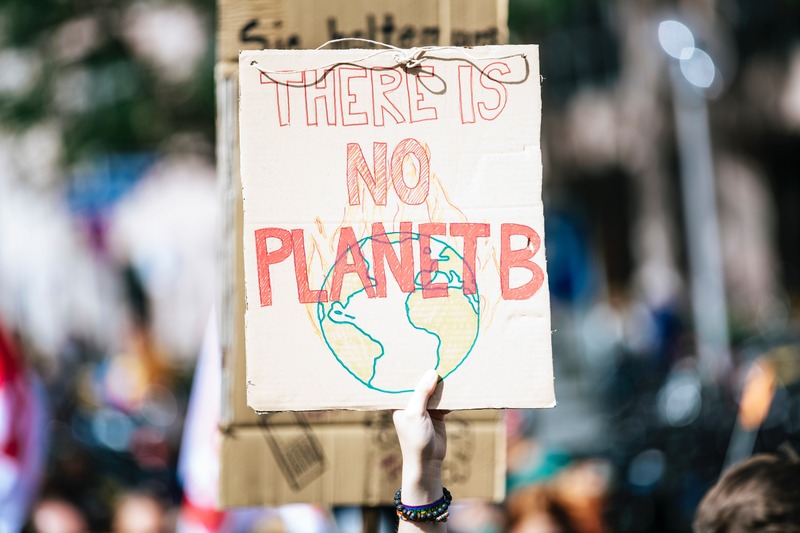 Climate Change
Climate Change
New study warns climate change could push 30% of species to tipping points
According to a recent study published in the journal Nature Ecology & Evolution, climate change could lead to an abrupt increase in the number of species pushed over tipping points. The research suggests that up to 30% of species could be affected as their geographic ranges reach unforeseen temperatures.
The study analyzed data from over 35,000 animal species, including mammals, amphibians, reptiles, birds, corals, fish, cephalopods, plankton, and seagrasses from around the world, in addition to climate projections up to 2100, reported PTI.
The findings reveal that if the planet warms by 1.5 degrees Celsius, 15% of the studied species will face unfamiliarly hot temperatures across at least 30% of their existing geographic range in just one decade.
However, this percentage doubles to 30% of species if warming reaches 2.5 degrees Celsius. The researchers focused on identifying when areas within a species' range would exceed a threshold of thermal exposure.
This threshold was defined as the first five consecutive years when temperatures consistently surpass the species' most extreme monthly temperature experienced between 1850 and 2014.
The study's lead author, Alex Pigot from University College London (UCL), emphasized that climate change is likely to make large portions of many animals' geographic ranges become unexpectedly hot within a short period.
While some species might be able to survive these higher temperatures, many others would need to relocate to cooler regions or undergo evolutionary adaptation, which may not be feasible within the timeframes projected.
The research further warns of an abrupt loss of habitat for numerous species due to future climate change. The study reveals a consistent trend where the thermal exposure threshold will be crossed for a significant portion of a species' range within the same decade.
Once a species starts experiencing unfamiliar conditions, there may be little time before the majority of its habitat becomes inhospitable.
The study's authors underscored the urgent need to reduce carbon emissions as a means of mitigating the detrimental effects of climate change on animals and plants.
They hope that their research will assist in targeting conservation efforts by providing an early warning system to identify when and where specific animals are most at risk.
Christopher Trisos, a co-author of the study from the University of Cape Town, likened the data to a film, illustrating the changes unfolding over time. He emphasized the importance of directing conservation efforts based on this information to prevent a catastrophic extinction crisis.
The study highlights the pressing need to address climate change before it is too late.
Overall, the study's findings emphasize the urgent importance of addressing climate change to protect the world's biodiversity and ecosystems.
Support Our Journalism
We cannot do without you.. your contribution supports unbiased journalism
IBNS is not driven by any ism- not wokeism, not racism, not skewed secularism, not hyper right-wing or left liberal ideals, nor by any hardline religious beliefs or hyper nationalism. We want to serve you good old objective news, as they are. We do not judge or preach. We let people decide for themselves. We only try to present factual and well-sourced news.







